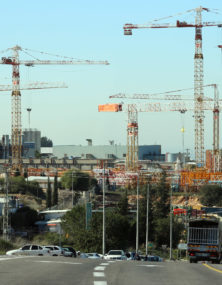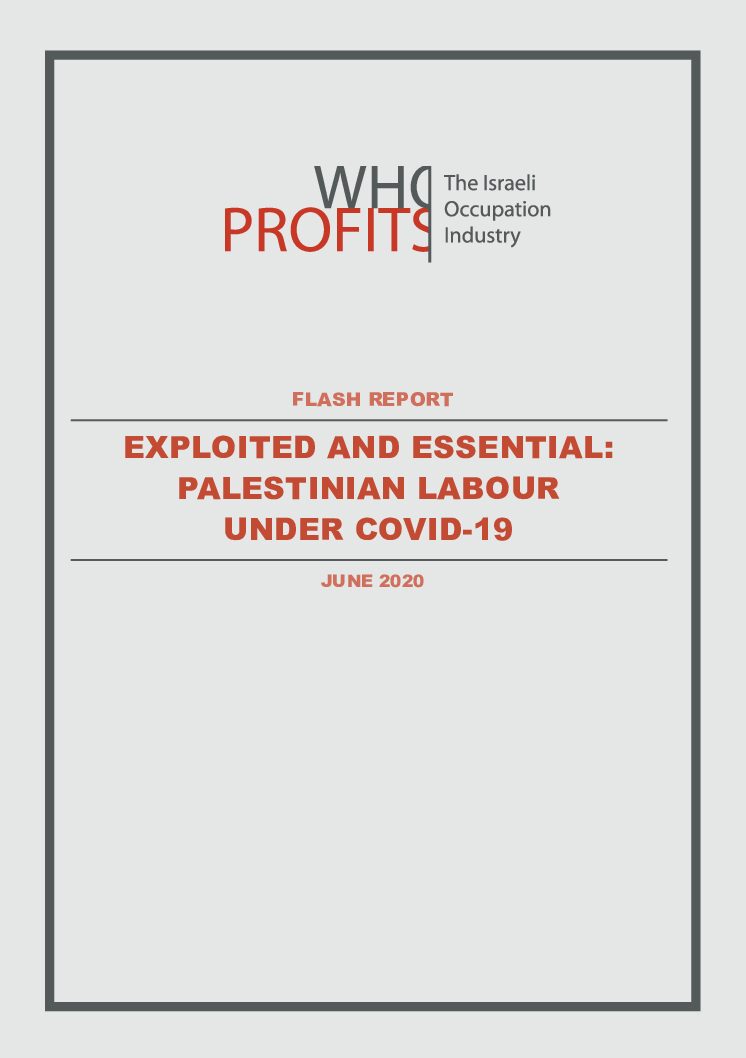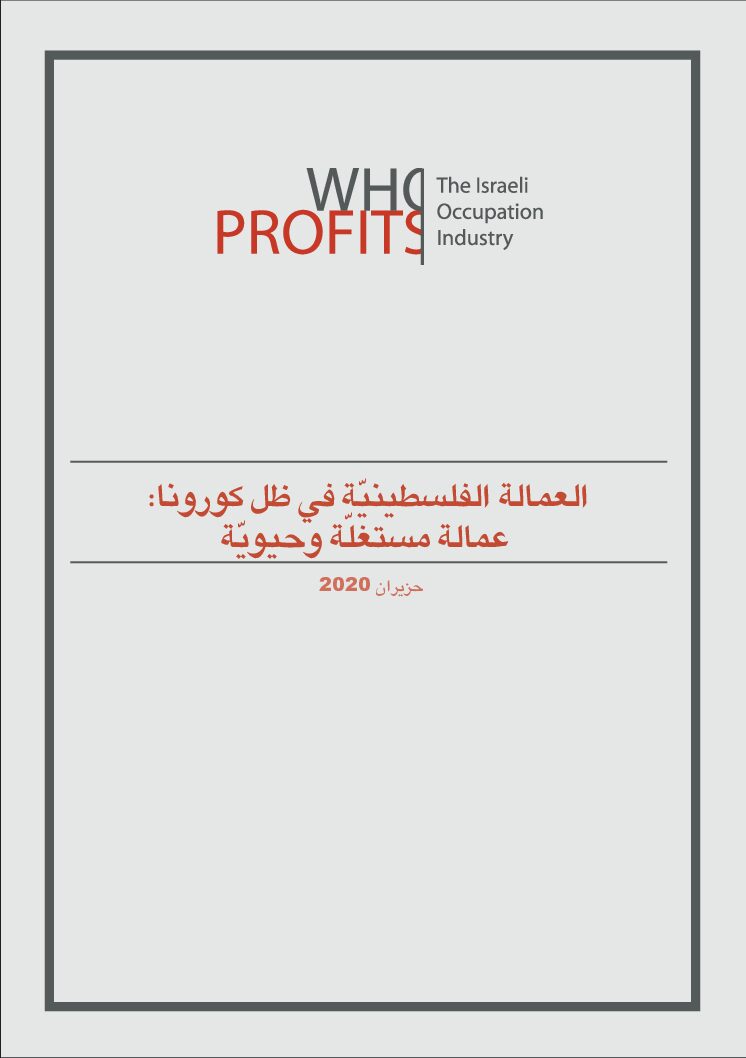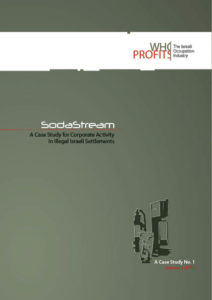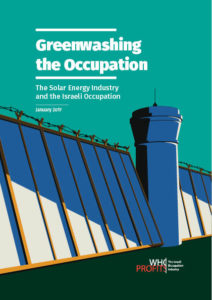Exploitation of Labor
This sub-category refers to the exploitation of occupied labor by Israeli and multinational corporations.
Around 150,000 Palestinians work at Israeli businesses in the settlements and within the Green Line and cross Israeli checkpoints daily to make a living for themselves and their families. The integration of Palestinian workers from the oPt (occupied Palestinian territory) fills shortages in the Israeli economy, which has enjoyed cheap available labor for many decades, and deepens Palestinian dependency on Israel.
Almost two-thirds of the workers are employed in the construction industry and the rest in agriculture, industry, and restaurants. Around 37,000 are employed in illegal settlement areas, working in settlement industrial zones and settlement agriculture.
To work in Israeli industry, Palestinians must obtain work permits from the Israeli Civil Administration, which also necessitates the approval of the Israeli Internal Security Service (the Shin Bet). This permit can be revoked at any time, especially when workers demand their rights or try to unionize, or if they (or one of their family members) engage in any kind of political activity. This situation exposes Palestinian workers to extortion by the Israeli Internal Security Service.
Palestinian workers who work in the settlements and within the Green Line are uniquely vulnerable to labor rights violations such as child labor, discrimination in salary and social rights, the inability to switch employers, poor safety conditions, the withholding of wages, and arbitrary cancellation of work permits by the Israeli Civil Administration. Restrictions on labor organizing and collective bargaining power further compound this structural vulnerability.
Israeli labor regulations, though applicable to employers in settlements, are rarely enforced in the occupied Palestinian territory, and workers cannot demand these rights for fear of losing their permits. Furthermore, Israeli employers frequently hire workers through Palestinian labor contractors, which renders the workers more vulnerable to rights violations.






